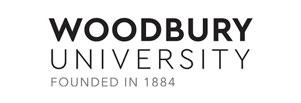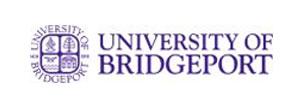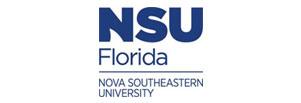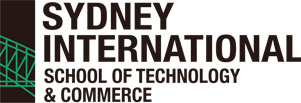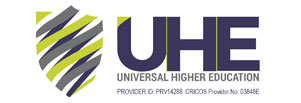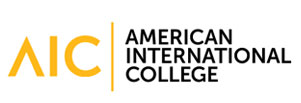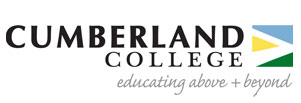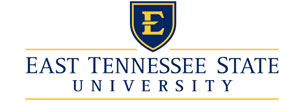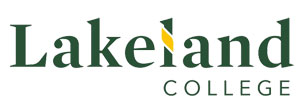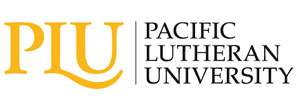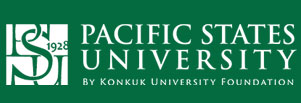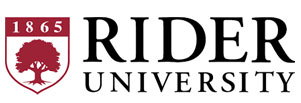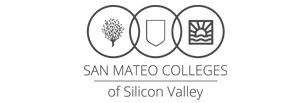
Study in Japan
High educational standards
The OECD ranks Japanese high school students number one in the world for Mathematics and number 2 for Scientific Literacy. Japan has the highest number of Nobel prize winners among Asian countries, and the second-highest of any country since 2000. 49% of Japanese High School graduates enter university. Japan has over 700 universities, with 10 ranked in the top 200 worldwide.
Learn Japanese while earning a degree
Studying on one of our international programs allows you to learn Japanese all the way throughout your degree program, while also earning a degree in another subject with Tsukuba’s English programs, you can have the best of both worlds; learning Japanese while also gaining a degree in another subject. Students who wish to remain in Japan and work after graduation may enjoy a significant advantage over language majors.
Japan is a safe, peaceful place to study
Martial arts and culture
For those wishing to learn Japanese, or take part in Japanese martial art, the University offers obvious benefits. The Universities have sent over 60 athletes to the Olympic Games and we have numerous Olympic medalists and world champions on staff. Judo, kendo, kyudo, and karate players have the opportunity to train in one of the world’s foremost university clubs, while high-level instruction is readily available.
Improving your employability
Study abroad is an impressive part of any resume. Employers value the skills you learn as an international student. Internationally aware employees are in strong demand, and many companies actively recruit students with overseas learning experience – especially if they are able to speak a second language. If you choose to return home after graduation, you can be confident that your experience in Tsukuba will help you appeal to high-quality employers, particularly those involved in international business. For this wishing to remain in Japan, there is a strong job market for highly qualified graduates. In a recent survey, around half of the major Japanese companies surveyed expressed a desire to hire foreigners graduating from Japanese institutions.
Low tuition fees and generous scholarships
Tuition fees are comparatively cheap in Japan. Tuition fees at Japanese public universities are a mere 535,800 yen (approx $5,500) a year. Furthermore, at Tsukuba, the regular entrance fees and first-semester tuition fees have been waived for undergraduate English program students. Partial and full tuition fees waivers are even possible for high achieving students.
Furthermore, a wide range of scholarships is available, both from the university and from public and private organizations. A limited number of Tsukuba scholarships are available, paying a monthly living allowance, and a travel allowance (first year only). A wide range of other scholarships is available, with some directed towards specific nationalities, women, minorities, or those with high-level Japanese proficiency.
" An Authorized Representative of 350+ Top International Universities Across 10+ Countries Globally With Upto 100% Scholarship "
What Our Student Say






























Professional Accreditation & Memberships



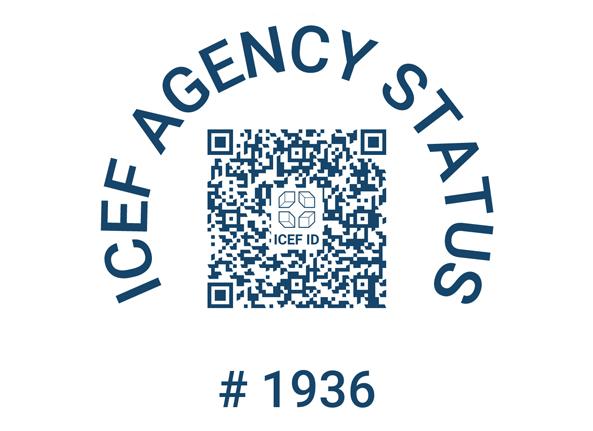
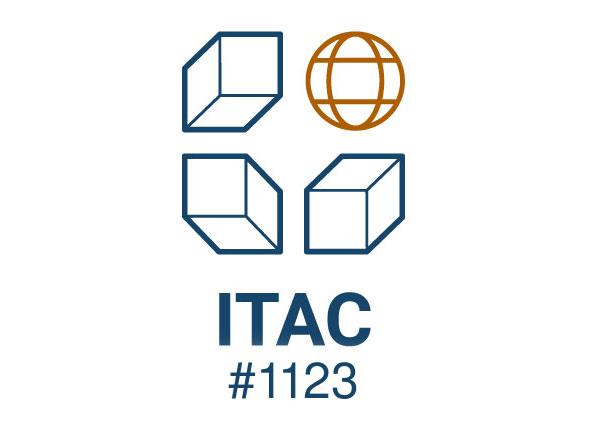

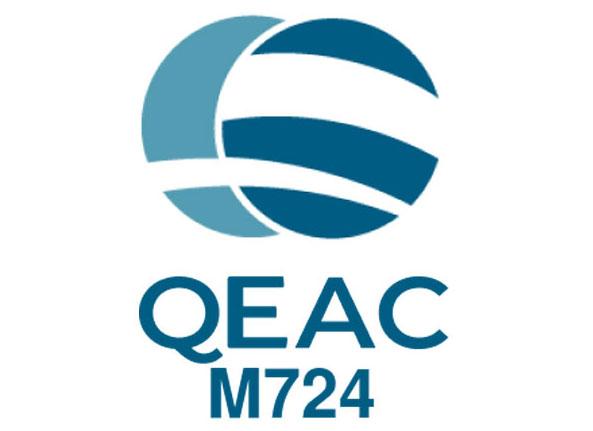


Student's Voice
Voices of students and parents.


